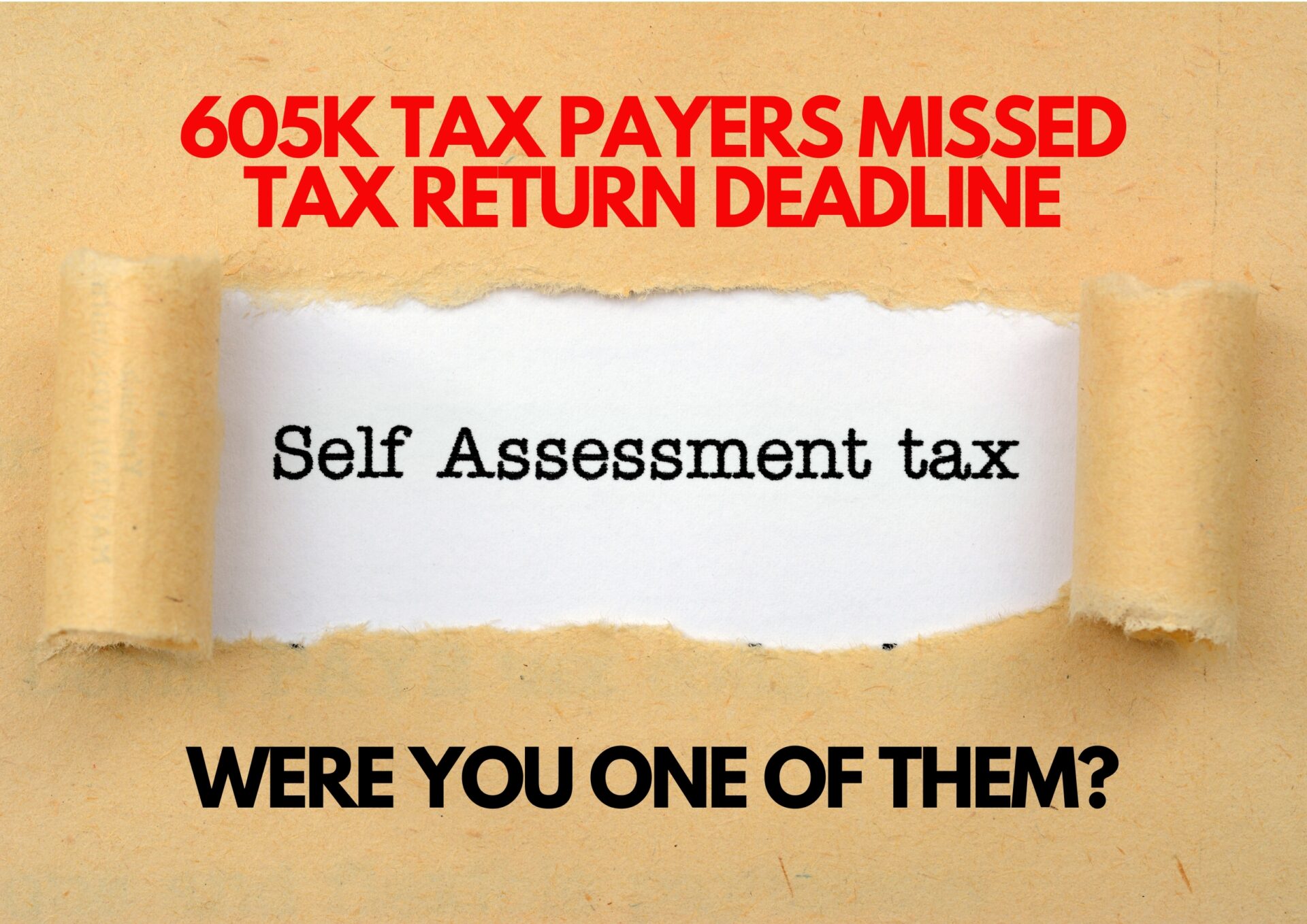At Spring Budget 2021 the government launched a review of the two R&D Tax Relief schemes:
- Research and Development Expenditure Credit (RDEC) and
- Small and medium enterprises (SME) R&D relief
The objectives of the review were to ensure that the UK remains a competitive location for cutting edge research, that the reliefs continue to be fit for purpose and that taxpayer money is effectively targeted.
Alongside this, the government published a consultation, which ran from 3rd March 2021 to 2nd June 2021.
The findings of the consultation have now been published and HMRC have finally outlined more details about the forthcoming changes. We have, therefore separated the changes into three main categories. Note that all changes to the relief are expected to be implemented from April 2023.
1. Data and Cloud Computing Costs
At Autumn Budget 2021 the government confirmed that, following the earlier consultation on qualifying expenditure in July 2020, qualifying expenditure for both reliefs will be expanded to include data and cloud computing costs.
The following new categories of expenditure will be brought into scope:
A) Licence payments for datasets
Datasets are as vital an ingredient as any raw materials or labour inputs which may be employed in the process of R&D. Therefore, expenditure via licence payments on purchasing datasets which are used directly for R&D in a qualifying R&D project will qualify for relief. Staff costs incurred in processing datasets will also be eligible for the relief.
B) Cloud computing costs that can be attributed to computation, data processing and software
HMRC will allow businesses to claim relief for the cost of cloud computing services used directly for R&D. For example, costs which can be attributed to computation, data processing, analytics and software.
2. R&D Tax Relief on Expenditure Incurred Overseas
Where companies subcontract R&D activity to a third party, they will in future only be able to claim relief for that expenditure where that third party performs the work within the UK. The rules for subcontracting will not otherwise change. This will apply to the SME scheme, and a similar principle will apply in RDEC. Specifically where subcontracting occurs and where a company claims for contributions it makes for independent R&D of a qualifying body.
Under both schemes, where companies incur expenditure on payments for externally provided workers (EPWs), they will only be able to claim relief on such expenditure where those workers are paid through a UK payroll.
Companies will still be able to claim R&D tax relief on the costs of software and consumables sourced overseas, as well as payments for clinical trials volunteers overseas and payments for data and cloud sourced overseas, as these are considered inputs to activity in the UK.
Of all the proposed changes, the new rules regarding overseas expenditure are likely to have the most significant impact on certain companies which claim R&D tax relief. It is important that claimant companies are aware of the forthcoming changes. If you incur significant overseas subcontracted R&D expenditure, then a re-think of how R&D expenditure is structured may be required.
3. Abuse and Compliance
Concern over abuse and boundary-pushing involving the R&D tax reliefs has grown in recent years. Some advisers (many with no background in tax) take advantage of companies who are unfamiliar with claiming for R&D. This exposes claimant companies to significant tax risks.
These changes will be implemented from April 2023:
- in future, all claims to the R&D Tax Reliefs – either for a deduction or a tax credit – must be made digitally (except from those companies exempt from the requirement to deliver a Company Tax Return online)
- these digital claims will in future require more detail – for example, on what expenditure the claim covers, the nature of the advance sought, the field of science or technology, the uncertainties overcome
- a named senior officer of the company will need to endorse each claim
- companies will need to inform HMRC, in advance, that they plan to make a claim
- claims will need to include details of any agent who has advised the company on compiling the claim
How can Onyx Help You with R&D Tax Relief
Our Tax Consultants are on hand to discuss the above R&D Tax Relief changes with you. This can either be provided as a stand alone service or integrated into a wider scope of accountancy services for your business.
With just 2 months to the filing deadline, do you need help with your Self-Assessment tax return? Then get in touch with us now!
We utilise HMRC-approved software to calculate your tax reliefs and tax liabilities, finalise and submit your return ahead of the deadline. We will confirm the tax owed and when payment is due.
GET IN TOUCH WITH ONYX
If you have any queries, or want to discuss further, please give us a call. You can also e-mail us at enquiries@onyx.accountants for a FREE no obligation consultation.
Got any questions or queries? Our friendly team of tax specialists are happy to help. So just drop us a line and call us on 0121 753 5522 or 01902 759 800.





